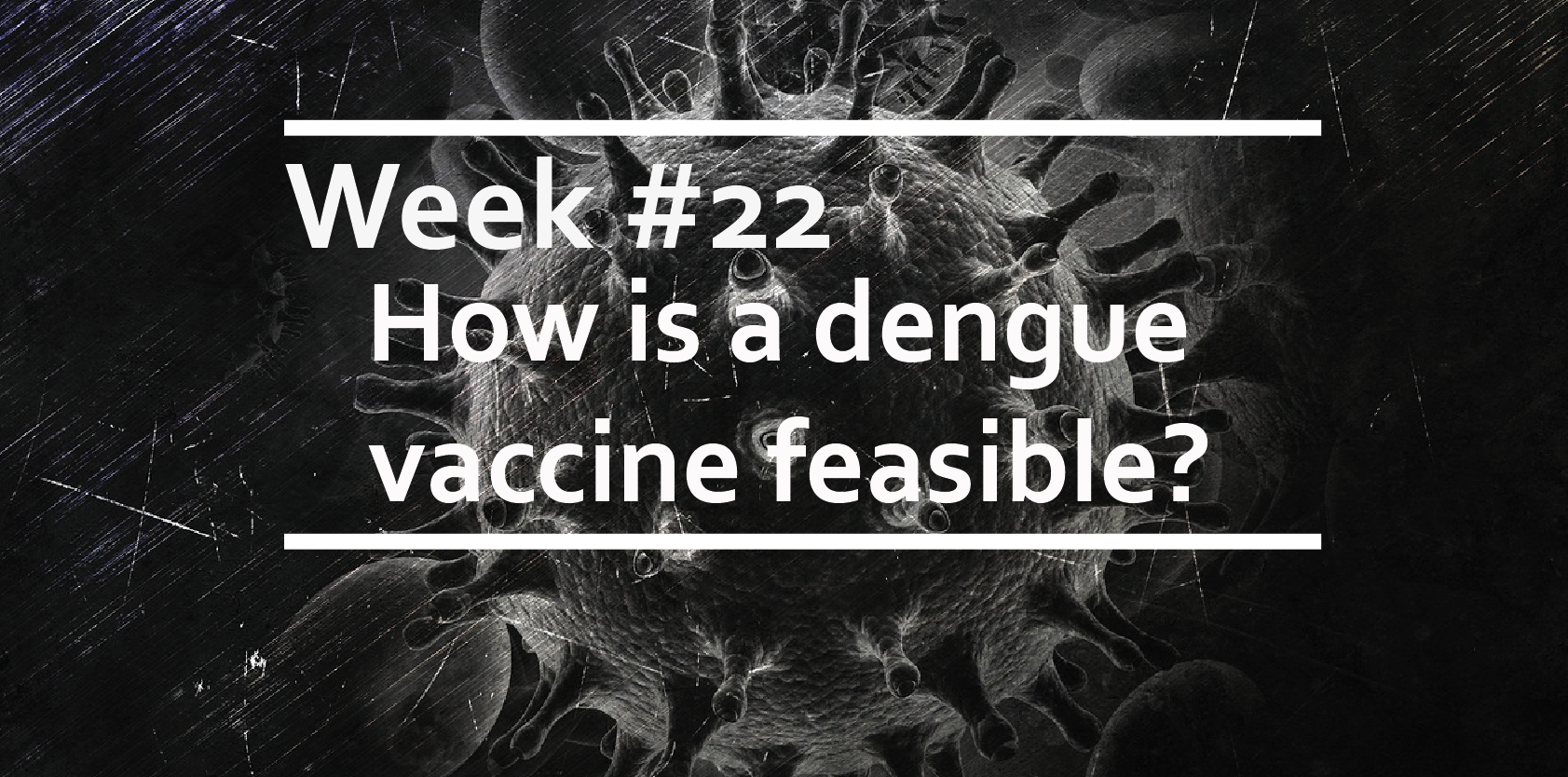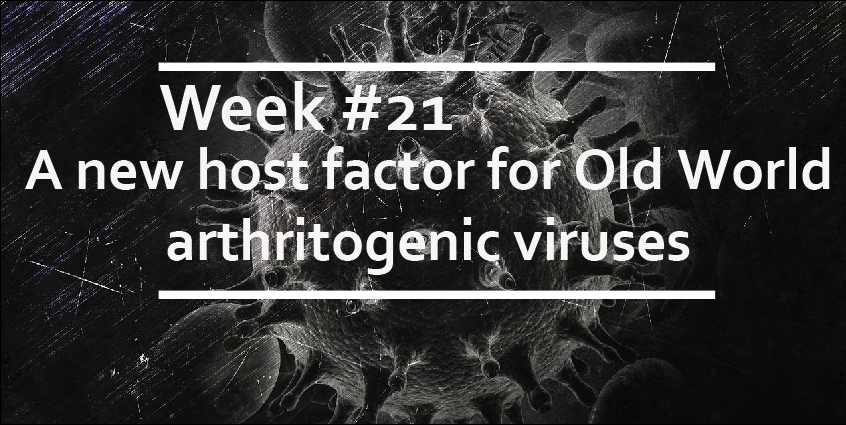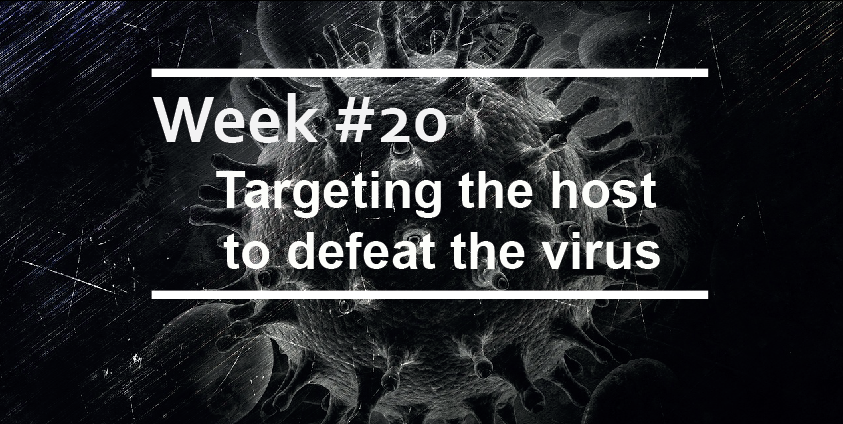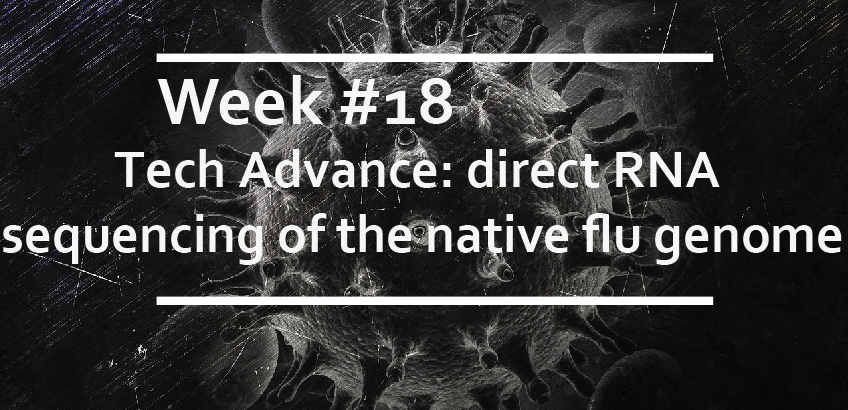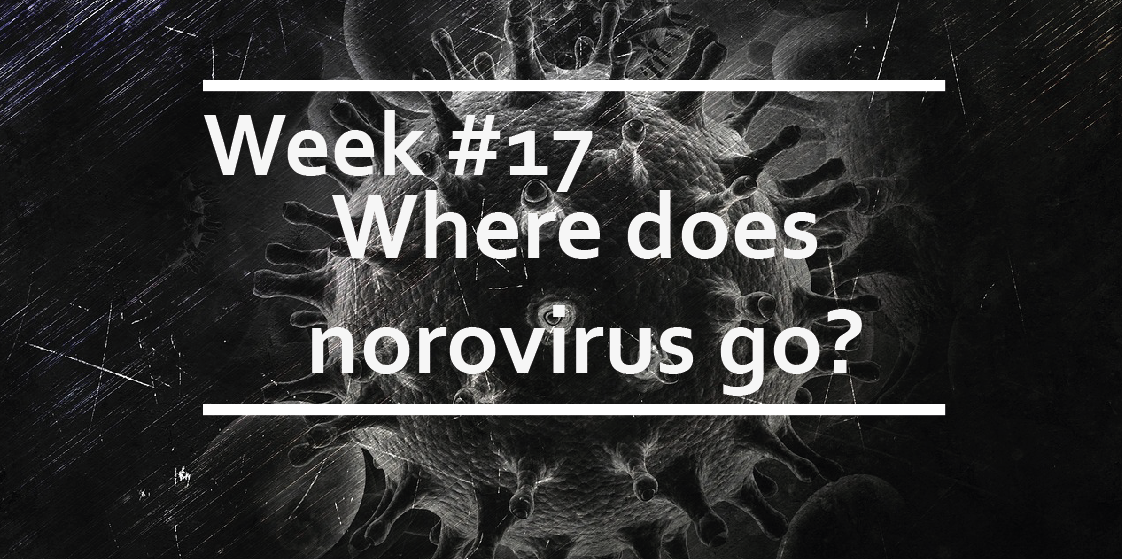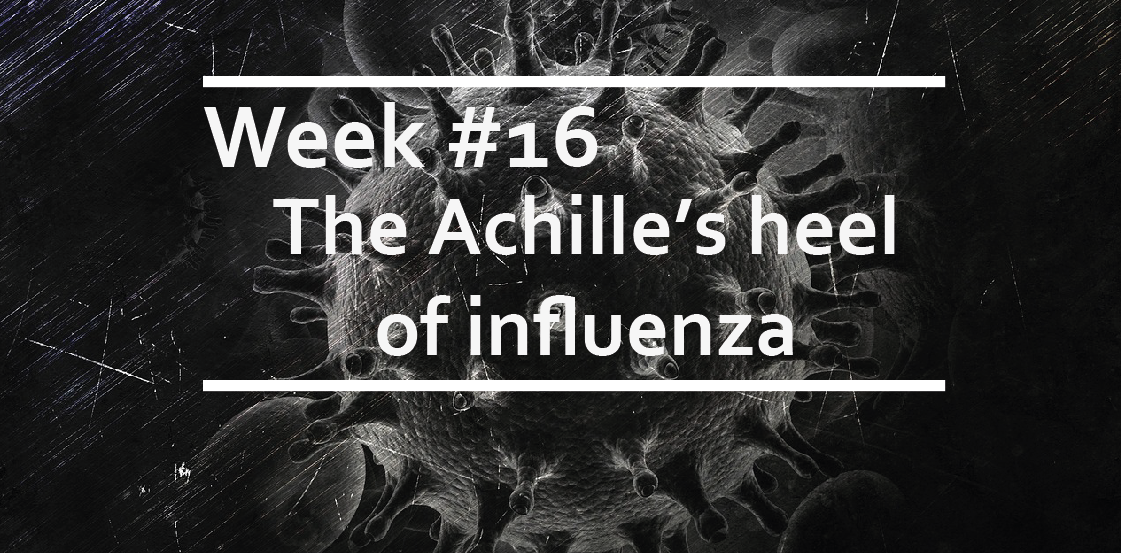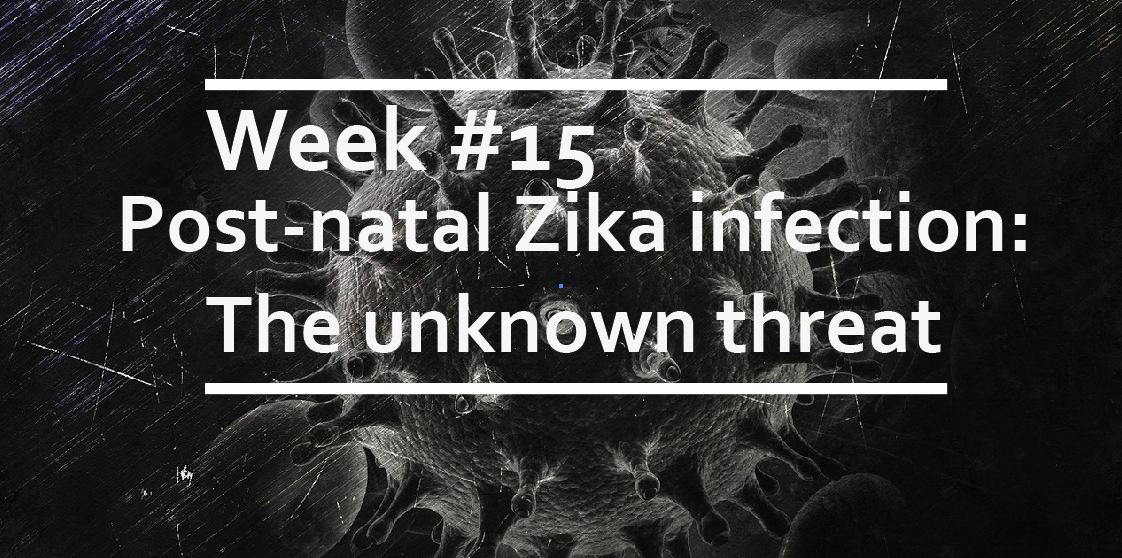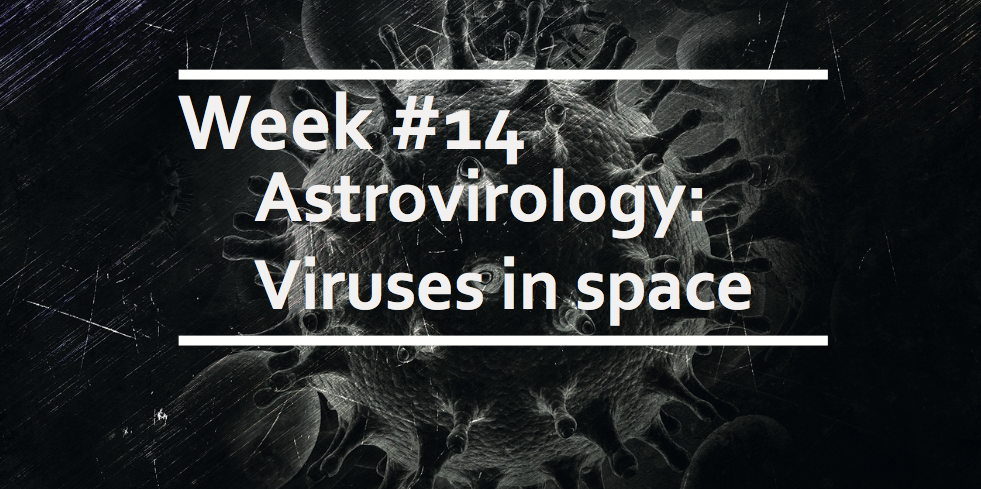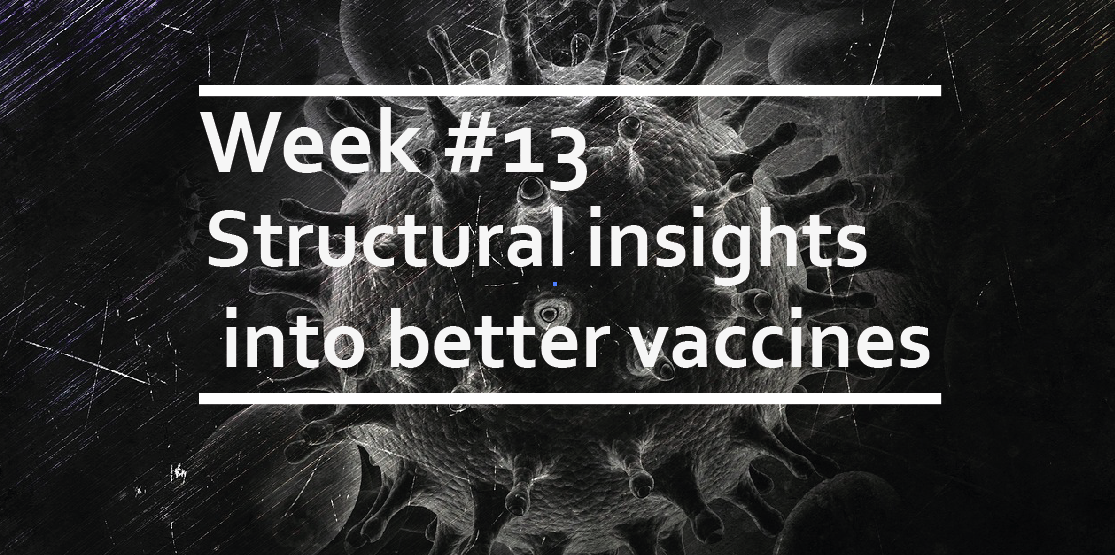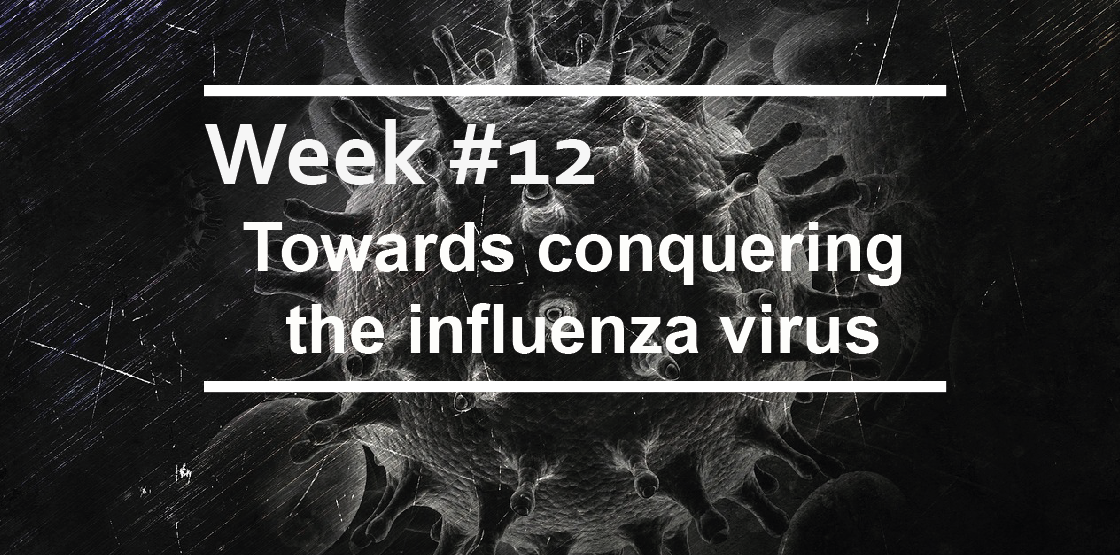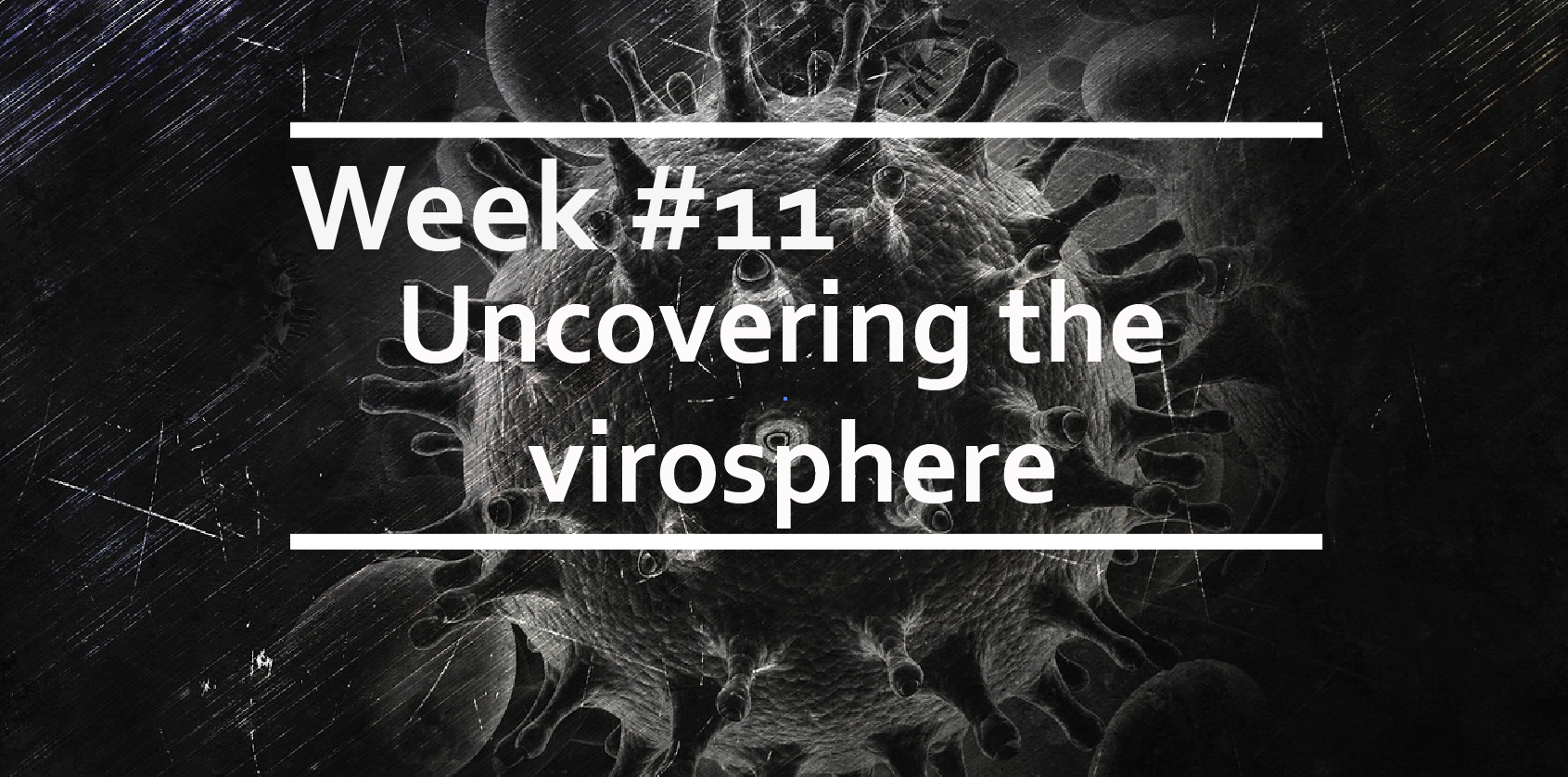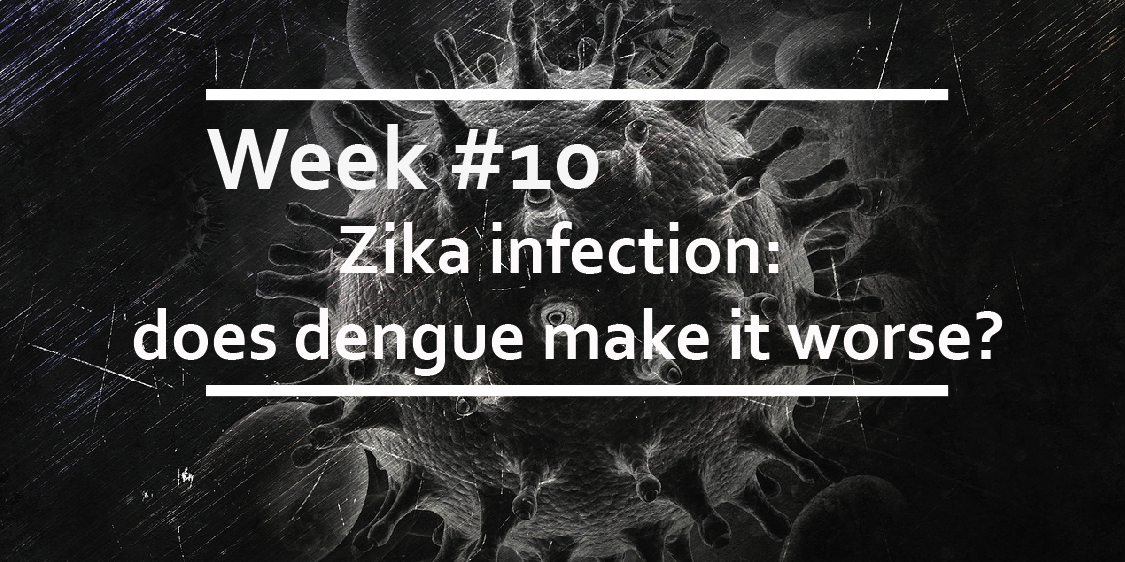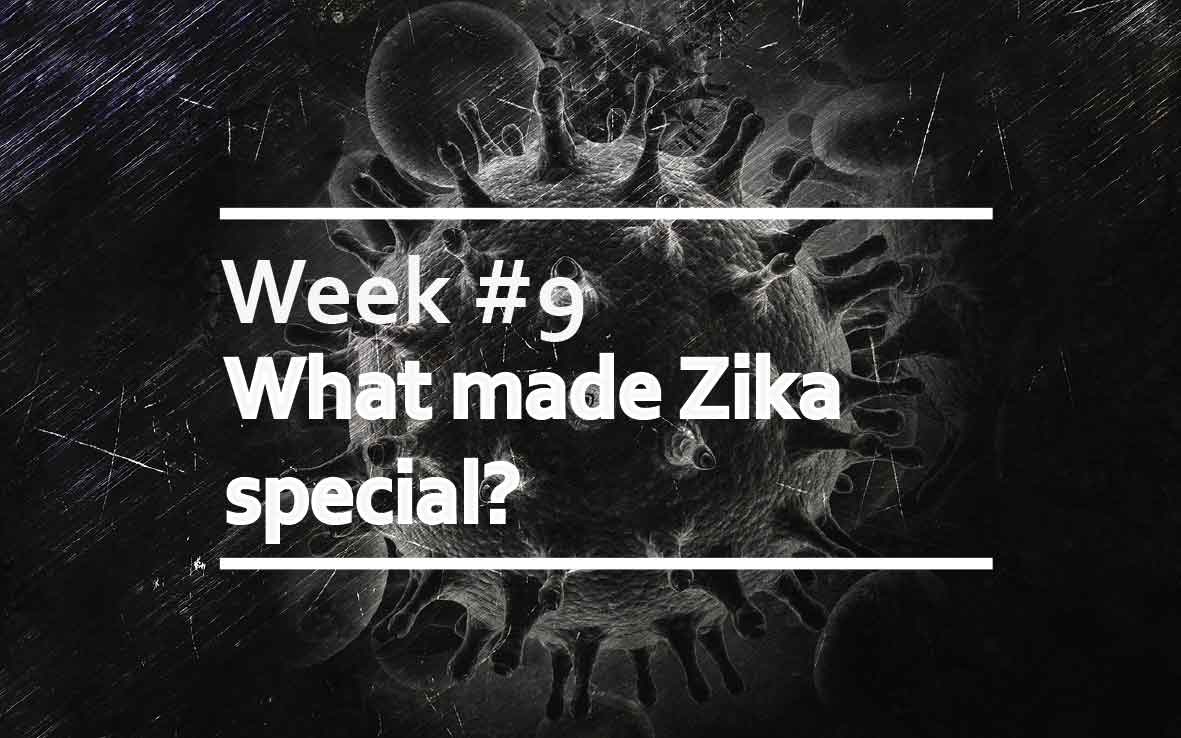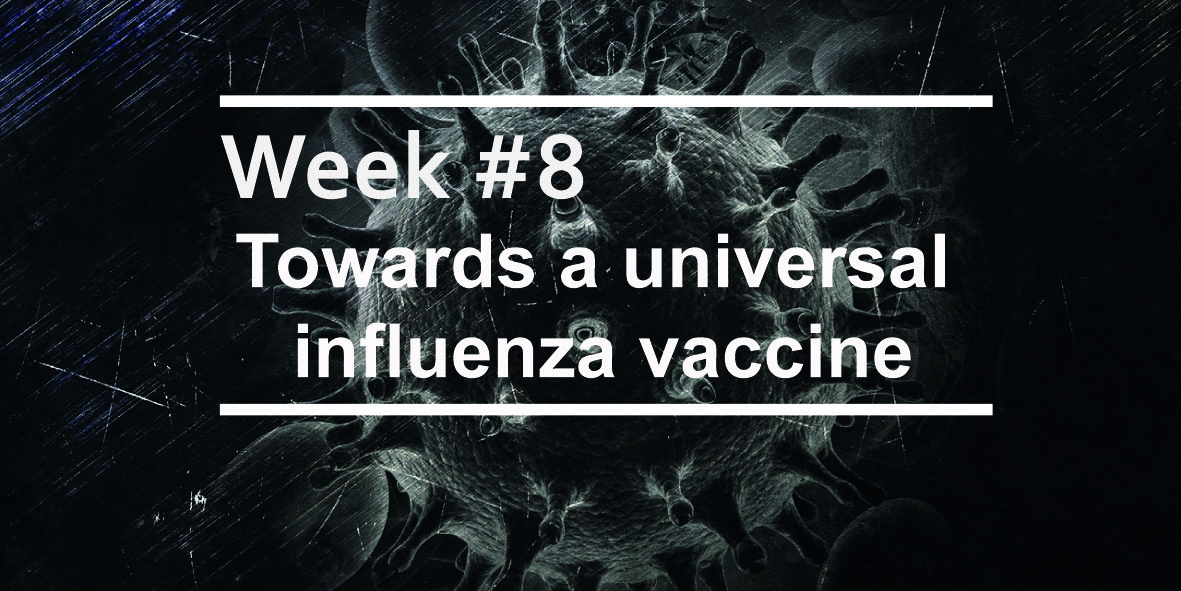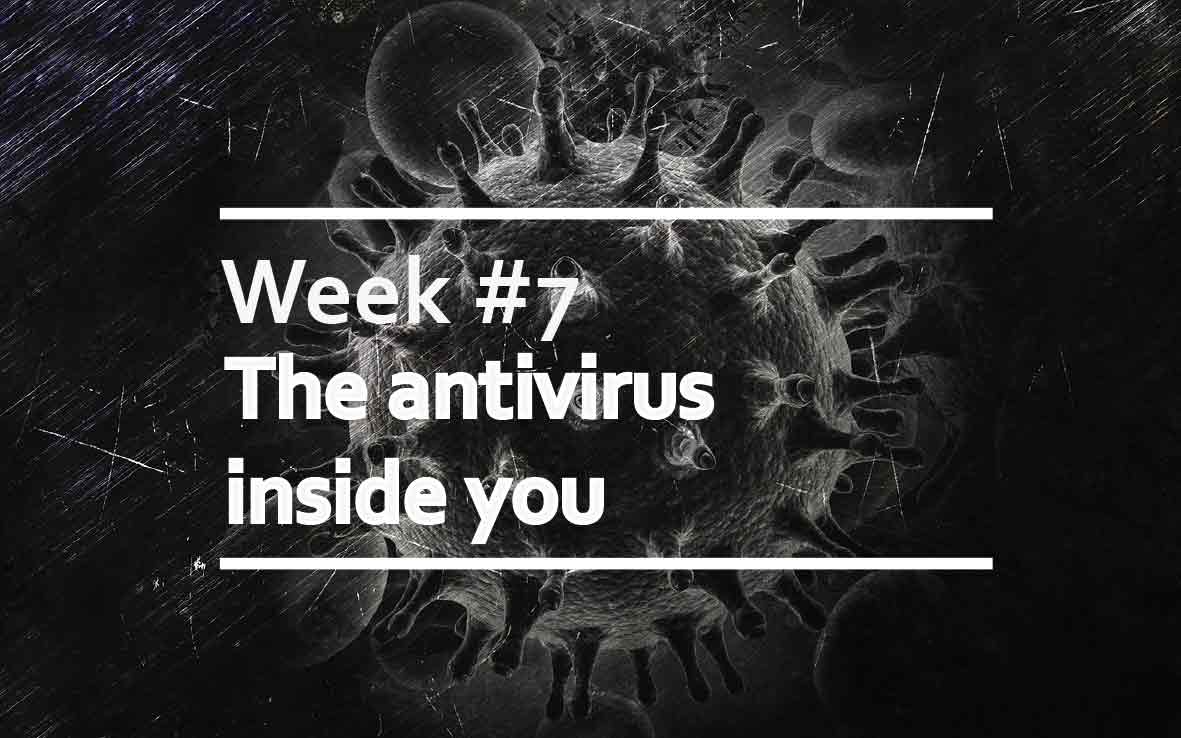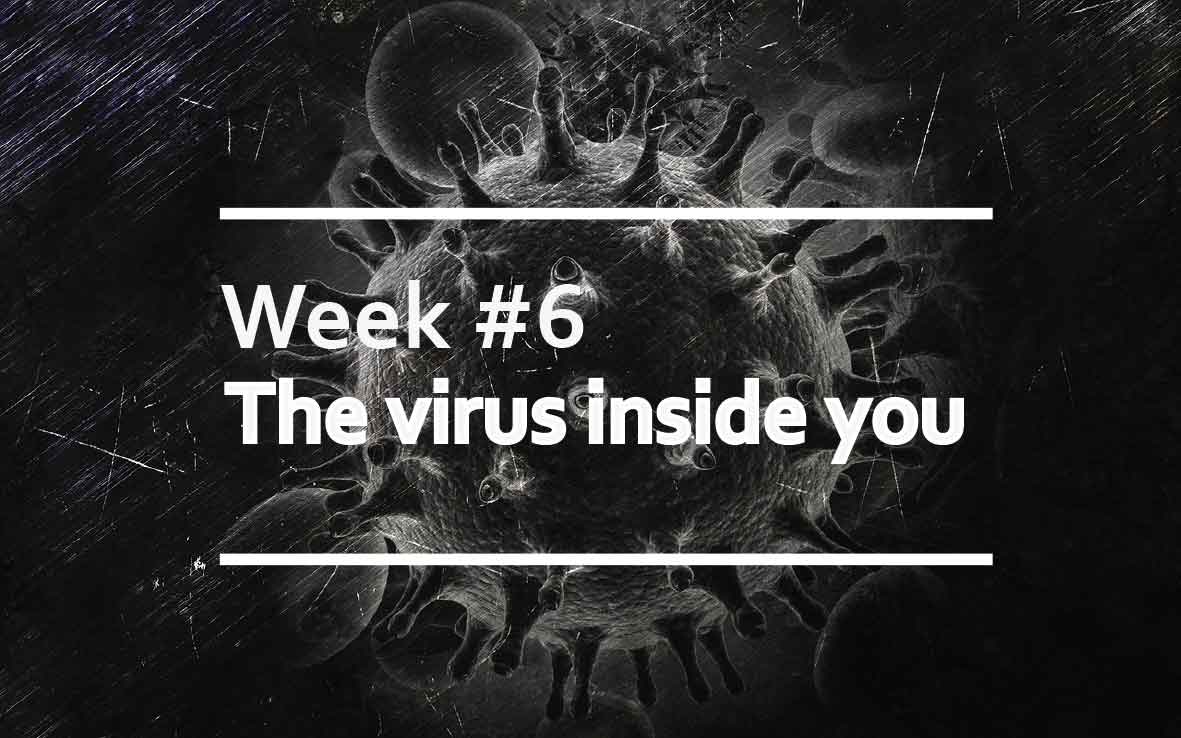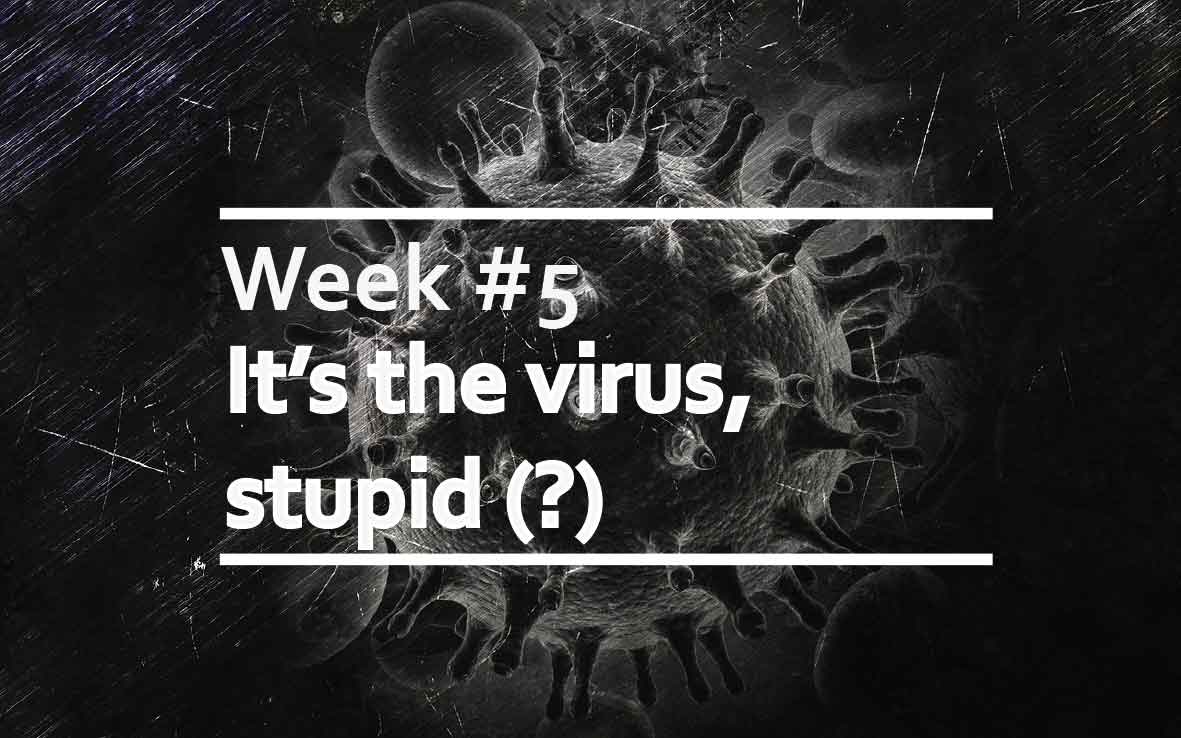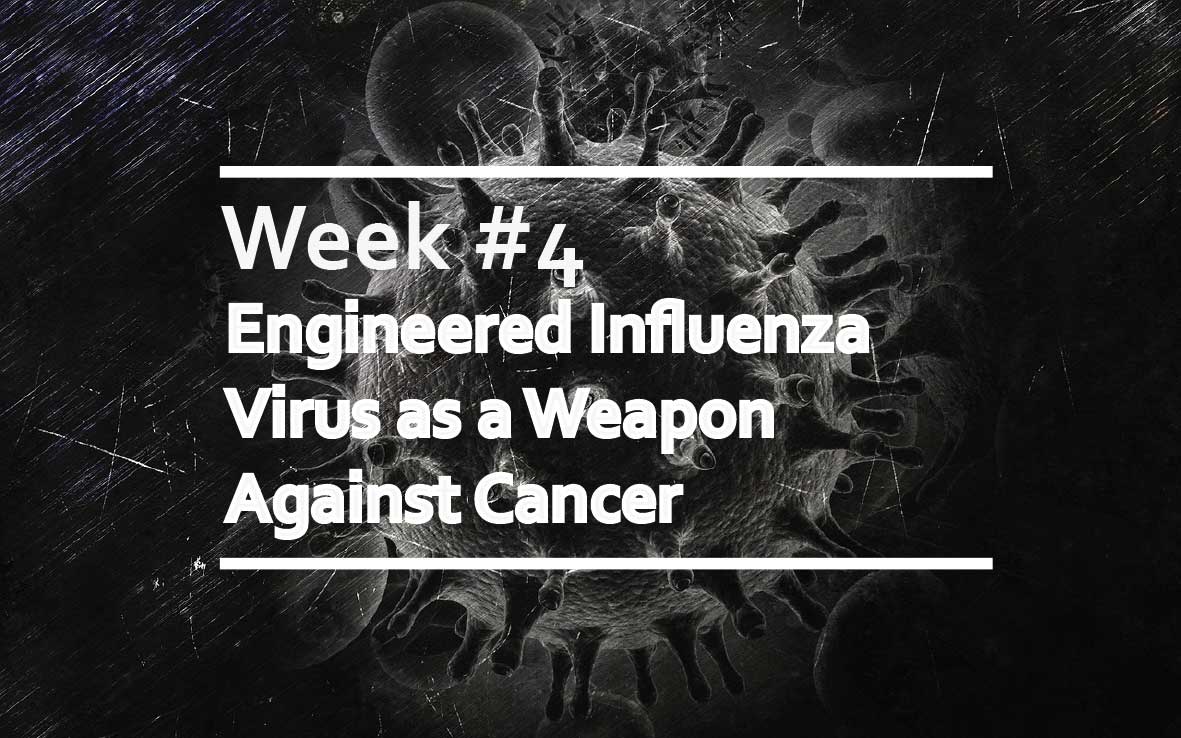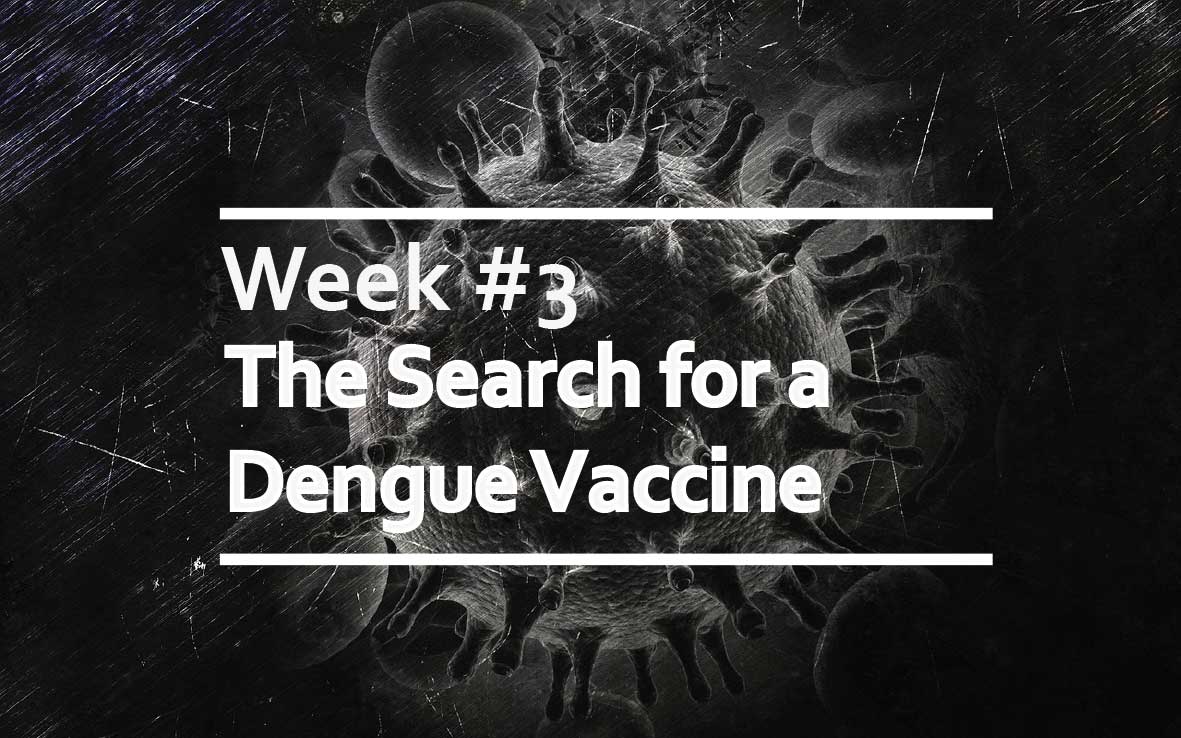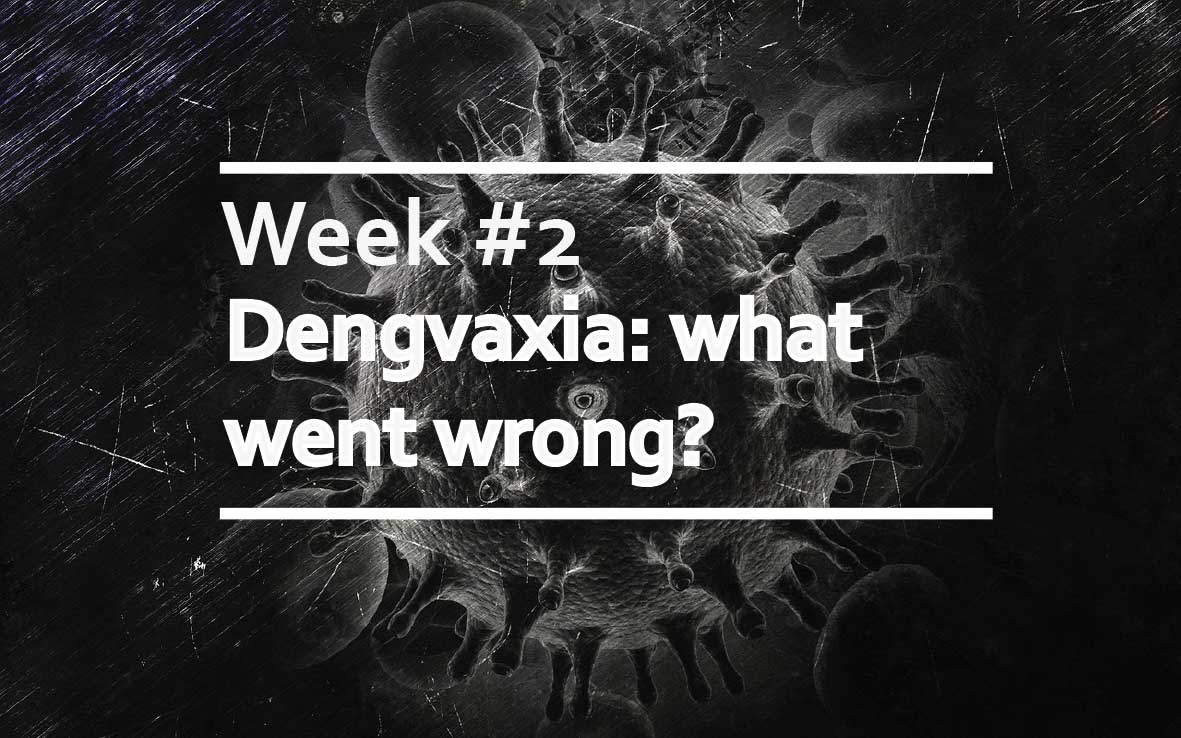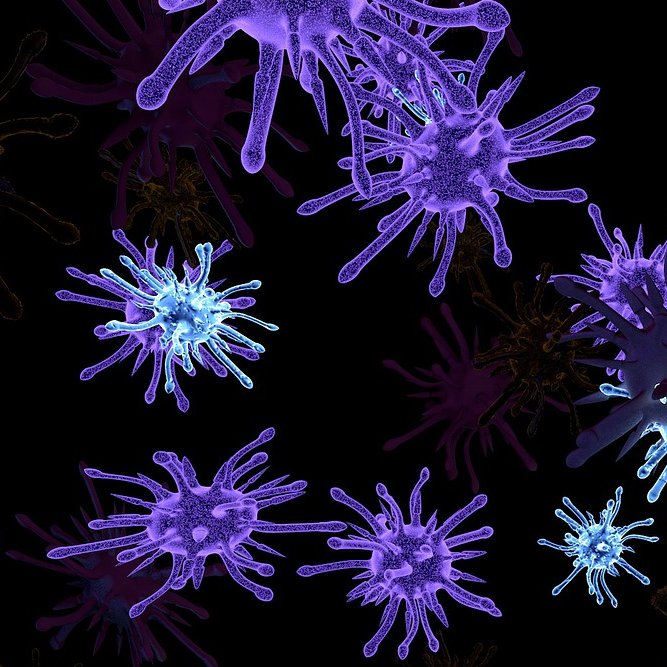Blog
How is a dengue vaccine feasible?
How is a dengue vaccine feasible? A dearth of information on individual susceptibility and correlatives of protection is a major problem in understanding dengue infections and pathogenesis. While recent monitoring data on a large Nicaraguan child cohort has provided...
A new host factor for Old World arthritogenic viruses
A new host factor for Old World arthritogenic viruses Old World and New World alphaviruses Alphaviruses are mosquito-transmitted viruses that cause a range of human diseases, with manifestations varying from fever or rash to significant inflammatory pathologies,...
Targeting the host to defeat the virus
Targeting the host to defeat the virus Amongst the various viruses that can cause flu- and cold-like illnesses, rhinoviruses are the most common. Picornaviridae Rhinoviruses (RV) are a family of single-stranded RNA viruses. More than 100 distinct RV serotypes have...
Evolutionary insights into cross-species transmission
Evolutionary insights into cross-species transmission Pathogens emerging from the wild constitute one of the major risks to human and animal health. Beside occasional spillovers, where pathogens can accidentally infect a new host, taxon shifts involve a degree of...
Tech Advance: direct RNA sequencing of the native flu genome
Tech Advance: direct RNA sequencing of the native flu genome Indirect sequencing of RNA Ribonucleic acid sequencing can be used to monitor the RNAs present in a sample. So far, the sequencing of RNA has been mostly indirect, being first reverse transcribed into cDNA,...
Where does norovirus go?
Where does norovirus go? Norovirus infections cause 700 million cases of acute viral gastroenteritis each year and about 200,000 deaths. For most people, a norovirus infection resolves shortly after the acute manifestation, but in some individuals, the virus is...
The Achille’s heel of influenza
The Achille's heel of influenza Influenza virus evolves so rapidly that last year's antibodies usually cannot protect us from this year's viral strain. This is due to specific characteristics of the virus that make it highly prone to mutate. First, its RNA polymerase...
Post-natal Zika infection: The unknown threat
Post-natal Zika infection: The unknown threat In 2015/16 an unprecedented and unexpected outbreak of Zika virus (ZIKV) in Brazil was associated with a surge of microcephaly cases in newborn babies. This surge in microcephaly was shown to be caused by maternal...
Astrovirology: Viruses in space
Astrovirology: Viruses in space Have you ever wondered if viruses are blasted into space by asteroid impacts or volcanoes, whether viruses can survive in space or how we could detect alien viruses that might exist on Jupiter’s moons? If you’re curious about any of the...
Structural insights into better vaccines
Structural insights into better vaccines The invention of successful vaccines precedes our understanding of the immune response and virus biology. However, while many vaccines against highly pathogenic viruses have been available for a long time, developing vaccines...
Towards conquering the influenza virus
Towards conquering the influenza virus This week we walk through a relevant short editorial by Gail Teitzel entitled "The Moving Target of Flu" that highlights some interesting approaches to vaccine design and optimization. Annually, influenza virus infects millions...
Uncovering the virosphere
Uncovering the virosphere We know that viruses are everywhere and there are a lot of them. But how little we know about them is only now becoming clear. In particular, RNA viruses seem to have many surprises to offer. The reasons for this lack of knowledge, the recent...
Zika infection:does dengue make it worse?
Zika infection: does dengue make it worse? This week we walk through an interesting Trends in Microbiology review by Sariol et al. that addresses recent investigations into the possibility of enhanced Zika virus pathogenesis when the infection follows a previous...
What made Zika special?
What was special about ZIKV? Although it was first identified in 1947, the world first came to be aware of Zika virus (ZIKV) during the 2015 epidemics in South America, where 1.5 million people were infected, and a surge of cases of microcephaly and congenital Zika...
Towards a universal influenza vaccine
Towards a universal influenza vaccine Is a universal influenza vaccine on the horizon? In this week’s virology post, drawing on an excellent recent review by Sautto et al. (Virology Journal), we highlight some of the innovative approaches being used in attempts to...
The antivirus inside you
The antivirus inside you Infected cells often die. Either they are killed by the infecting virus itself, or they initiate controlled auto-destruction mechanisms (e.g., apoptosis) to prevent the infecting virus from replicating further. Fortunately, our body can...
The virus inside you
The virus inside you Since the origin of life on Earth, species have exploited each other, and viruses have proven themselves to be particularly efficient at this. However, new discoveries are revealing how viruses and microbes have helped in the building of the...
It’s the virus, stupid (?)
It’s the virus, stupid (?) Direct acting antivirals (DAAs) are among the most successful drugs ever developed. It is thanks to DAAs that HIV is no longer a death sentence, and we can now clear hepatitis C virus from many chronically infected patients. Unfortunately,...
Engineered Influenza Virus as a Weapon Against Cancer
Engineered Influenza Virus as a Weapon Against Cancer What if a virus could be used to selectively replicate in – and kill – cancer cells, without harming the normal tissues? Some researchers are aiming to do exactly this by genetically engineering oncolytic viruses...
The search for a dengue vaccine: What have we learned?
The search for a dengue vaccine: What have we learned? The ambiguous role of antibodies is a major problem in the development of a dengue vaccine. First, heterotypic, non-neutralizing antibodies can cause antibody-dependent enhancement (ADE), leading to increased...
Dengvaxia: what went wrong?
Dengvaxia: what went wrong? Dengue fever is caused by four related but distinct viruses (dengue serotypes 1–4). These serotypes differ in their antigenicity and trigger unique antibody responses. Initial infection with one dengue serotype causes a mild flu-like...
Do vaccines spread?
Do vaccines spread? A live attenuated vaccine is effectively still a virus, and as such it shares with viruses the ability to spread. This is an important and often overlooked concept that is covered with much clarity by Bull, Smithson and Nuismer in Trends in...
Vaccine Research: Then and Now
Vaccine Research: Then and Now If life expectancy has greatly increased in the past century, this is largely due to vaccines, which, according to the WHO, save 6 million people from death each year. This terrific success, unfortunately, has led many to forget about...
How to survive a phenotypic antiviral screening
How to survive a phenotypic antiviral screening Antiviral screening is a powerful tool to identify new compounds and therapeutic targets against viruses. Traditionally, an antiviral screening targets a viral protein critical for replication and uses high-throughput in...
Six useful viral qRT-PCR tips
Six useful viral qRT-PCR tips Quantitative real-time PCR (qRT-PCR) is a sensitive and accurate method for detecting viruses in samples, or to test for transcript variation in infected cells. However, some viruses might add additional levels of trickiness to this...
How we can help with your research
How we can help with your research University College London has world class research facilities and personnel. We want to make this expertise available to fellow academics and industry researchers by providing superior, cost-efficient research services. Within our...
Posts pagination
Contact us
Streamline your research while advancing your science
Subscribe

